This trend reflects the growing demand of Chinese students for Asian education, amid a complex geopolitical environment and immigration policies.
Nanyang Technological University (NTU) and Singapore Management University (SMU) recently announced the opening of many majors in Mandarin, marking a trend of education in this language.
Specifically, NTU’s Nanyang Business School will launch an executive MBA program in Chinese in October 2025. This is considered an expansion of the Chinese-language program that has been in existence since 2005, which attracts about 50 students each year.
In addition, NTU also offers courses in Chinese in the fields of public administration, technology startups and traditional Chinese medicine. SMU will follow in January 2026 with the first EMBA program taught entirely in Chinese.
Scholars say the move has many benefits. According to Associate Professor Jason Tan, working at the National Institute of Education, NTU, China is now the world's largest source of international students. Singapore, with its competitive tuition fees, prestigious academic environment and convenient geographical location, has become an attractive choice.
However, the trend has also been met with criticism. Some observers have warned that focusing too much on Chinese students could reduce academic diversity and affect Singapore’s educational identity, which is famous for its English-medium education system. Professor Philip Altbach, who works at Boston University in the US, said that NTU and SMU already have a high reputation for English-medium programs, so the case for expanding into Mandarin is not really convincing.
Apart from the quality issue, there is also the challenge of social integration. Learning in an all-Chinese environment may reduce the motivation to practice English, which is key to integration in Singaporean society and in the global labor market.
“Mandarin-medium programmes tend to be less diverse in terms of ethnicities and nationalities of students, which can limit opportunities for Chinese students to interact with the international community in Singapore,” said Associate Professor Terence Ho, from the Singapore University of Social Sciences.
The expansion shows that Singapore is flexible in adapting to international demand and taking advantage of the economic opportunities from the influx of Chinese students. Along with the financial and reputational benefits, concerns about balance, integration and training quality will be long-term problems for universities.
Associate Professor Terence Ho, from the Singapore University of Social Sciences, stressed: “Mandarin-language teaching programmes can help Singapore tap into China’s growing education market, while strengthening people-to-people ties between the two countries.”
Source: https://giaoducthoidai.vn/dai-hoc-singapore-mo-rong-dao-tao-tieng-quan-thoai-post748600.html



![[Photo] Science and Technology Trade Union honors exemplary workers and excellent union officials](https://vphoto.vietnam.vn/thumb/1200x675/vietnam/resource/IMAGE/2025/9/17/842ff35bce69449290ec23b75727934e)

![[Photo] General Secretary To Lam chairs a working session with the Standing Committee of the Government Party Committee](https://vphoto.vietnam.vn/thumb/1200x675/vietnam/resource/IMAGE/2025/9/17/cf3d855fdc974fa9a45e80d380b0eb7c)











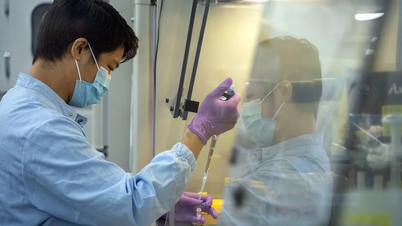
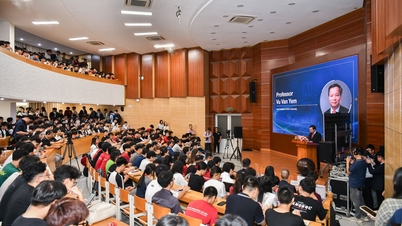

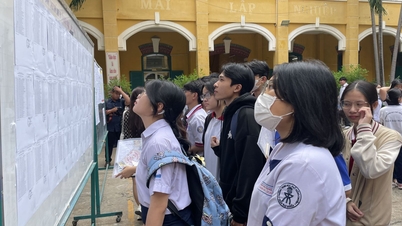
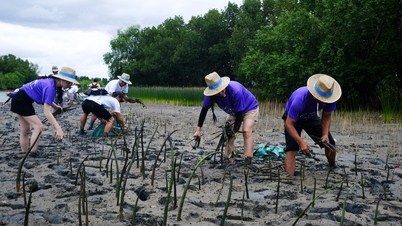



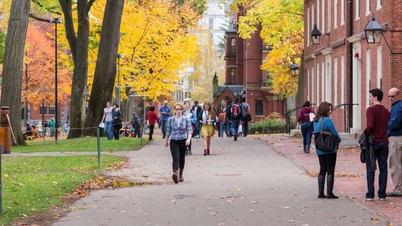















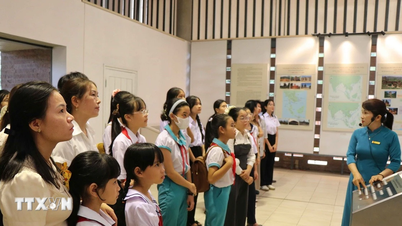

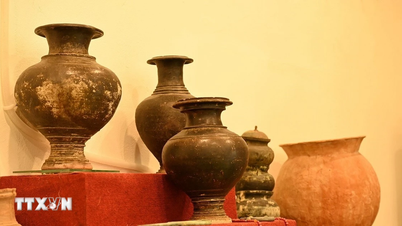





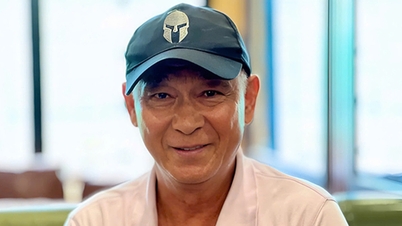

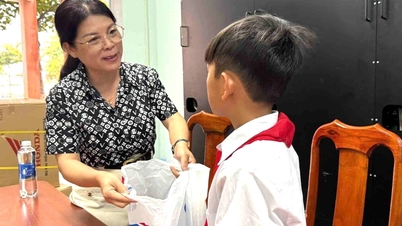
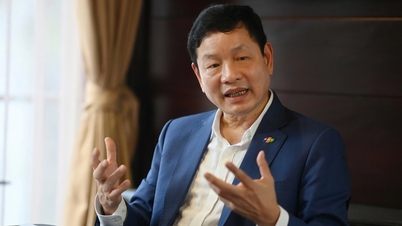
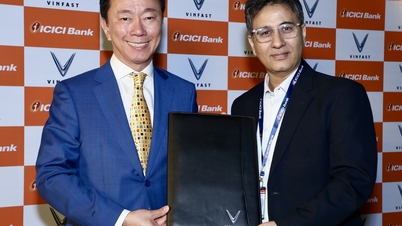






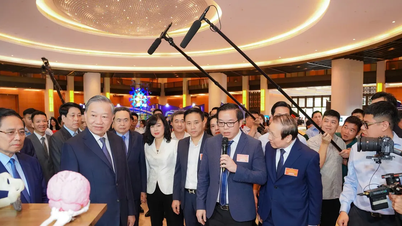


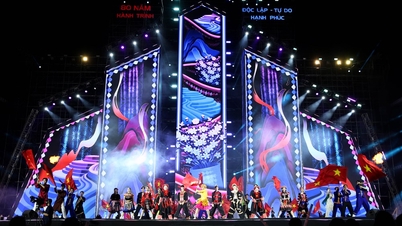









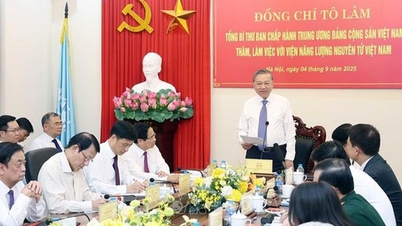





















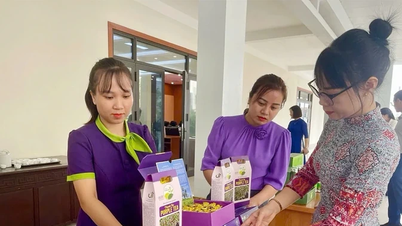












Comment (0)